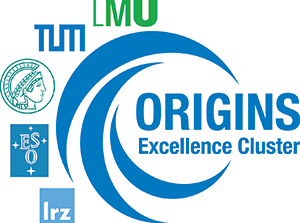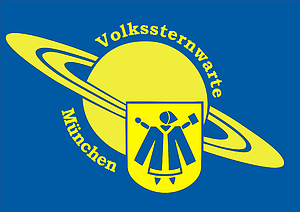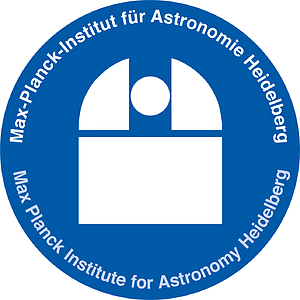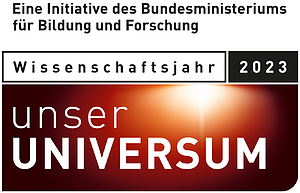Current Reciprocity Partners

The Excellence Cluster ORIGINS is an interdisciplinary research network based in Munich and Garching. ORIGINS uniquely combines the disciplines of astrophysics, biophysics, and particle physics to investigate the development of the Universe from the Big Bang to the emergence of life. The Cluster is funded by the German Research Foundation under Germany’s Excellence Strategy. The Ludwigs-Maximillians-Universität (LMU), the Technical University of Munich (TUM), five Max Planck Institutes, the European Southern Observatory (ESO) and the Leibniz Computing Centre (LRZ) are involved in the Excellence Cluster ORIGINS.
The Public Observatory Munich is equipped with several large telescopes, a planetarium, a lecture room, an exhibition hall, a substantial library, laboratories and its own machine shop.
Only the continuous support and an annual grant by the city of Munich, the honorary work of the members of the club and the support by many sponsors makes its educational work possible, which served the spread of astronomical knowledge as primary public task of the club.
Today, the club has some 600 members and about 25,000 people visit the more than 800 public shows per year, where they experience some of the wonders of the universe in our premises.
We are a qualified team of architects, urban planners and architectural journalists who guide you through Munich's contemporary architectural and urban development.
First-hand information and an in-depth and knowledge make the tours an informative experience for both professionals and interested lay people. Many years of experience and an extensive network also give us the possibility of exclusive access to special places and buildings.
The trio NOVA has dedicated itself to the musical translation of space, time and science fiction. This is how the planets, suns, galaxies and the vastness of the universe sound in the imagination of the three musicians. All compositions tell stories about incredible astronomical phenomena and the intriguing ideas of science fiction. NOVA’s live performances are accompanied by visuals which illustrate these stories.
The Max Planck Institute for Astronomy’s mission is to
- reveal – through world-class observational and theoretical research – the nature of our universe, from planets and stars to galaxies and black holes;
- develop and implement leading instrumentation enabling this research;
- train researchers, and foster their careers in astronomical research and beyond;
- communicate our results to the scientific community and general public.
To this end, MPIA aims to build with its diverse community of members a well-structured, effective, stimulating, intellectually intense, welcoming and supportive work environment.
During Science Year 2023 – Our Universe, researchers, policy-makers and civil society will be looking into outer space from a wide variety of perspectives ... and back again to planet Earth. Whether it is exhibitions, school campaigns or interactive programmes – everyone, young or old, is invited to engage in exciting discussions with academics and researchers during Science Year 2023.




